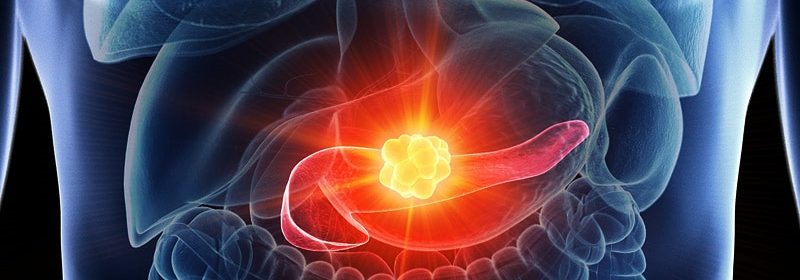Pancreatic Cancer Elevated After Solid Organ Transplant

The study covered in this summary was published on ResearchSquare.com as a preprint and has not yet been peer reviewed.
Key Takeaway
-
The incidence of pancreatic cancer is increased among solid organ transplant patients in comparison with the general population, especially among liver transplant recipients.
Why This Matters
-
This study demonstrates increased incidence of pancreatic cancer among liver transplant recipients and elevated risk for pancreatic cancer, specifically in the head of the pancreas.
-
Future studies are needed to determine whether early detection of pancreatic cancer would lead to improved survival.
Study Design
-
Using standardized incidence ratios (SIRs), researchers compared the incidence of pancreatic cancer among solid organ transplant recipients with that of the general population between 1995 and 2017 in the United States. Data were taken from the Scientific Registry of Transplant Recipients (SRTR).
-
The SRTR provided information such as demographics, medical characteristics, transplanted organs, and induction and baseline maintenance immunosuppressive medications.
-
In the study, pancreatic cancer cases were restricted to adenocarcinomas.
-
Other exocrine pancreatic cancer subtypes, such as squamous cell carcinoma, adenosquamous carcinoma, and colloid carcinoma, as well as neuroendocrine tumors were excluded from analysis.
-
Multivariate Poisson regression was utilized to identify independent risk factors for pancreatic cancer.
-
Survival after pancreatic cancer diagnosis was assessed using Kaplan-Meier curves and log-rank tests.
Key Results
-
Among solid organ transplant recipients, the incidence of pancreatic cancer was increased in comparison to the incidence in the general population (SIR, 1.40).
-
The increase was strongest among liver transplant recipients (SIR, 1.65).
-
The most common pancreatic cancer was of the head of the pancreas (SIR, 1.85).
-
Risk factors associated with increased incidence of pancreatic cancer were comparable between solid organ transplant recipients and the general population. Independent risk factors included male sex, older age, non-O blood type, and history of diabetes.
-
Overall survival after pancreatic cancer diagnosis was poor (median, 4 months).
Limitations
-
The investigators had no information on smoking, which is a risk factor for pancreatic cancer.
-
Information on changes over time in maintenance medications and medication dosages was not available to fully assess the impact of immunosuppression on pancreatic cancer incidence post solid organ transplant.
Disclosures
-
Funding was provided in part by the Intramural Research Program of the National Cancer Institute.
-
The authors have disclosed no relevant financial relationships.
This is a summary of a preprint research study, “Pancreatic Cancer Among Solid Organ Transplant Recipients in the United States,” published on July 1 on ResearchSquare.com and led by Tomohiro Tanaka of the University of Iowa. This study has not yet been peer reviewed. The full text of the study can be found on ResearchSquare.com.
For more news, follow Medscape on Facebook, Twitter, Instagram, and YouTube.
Source: Read Full Article